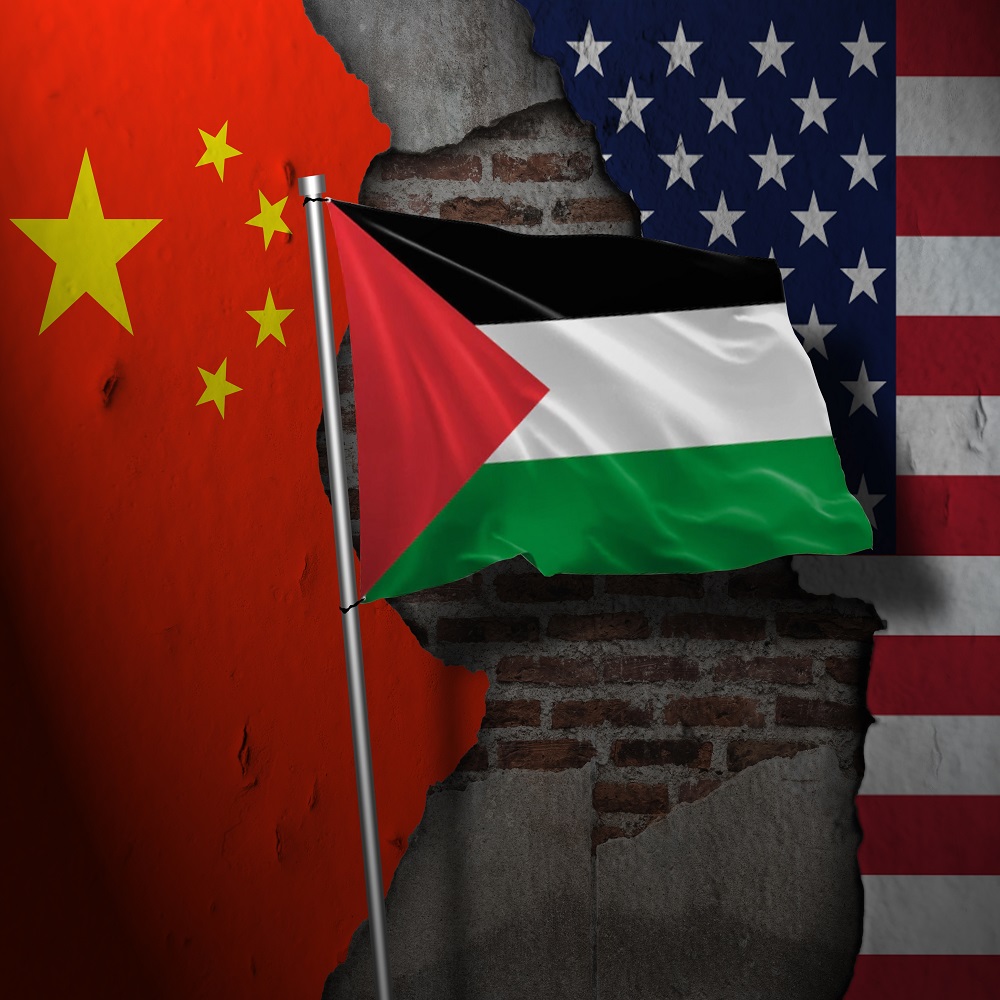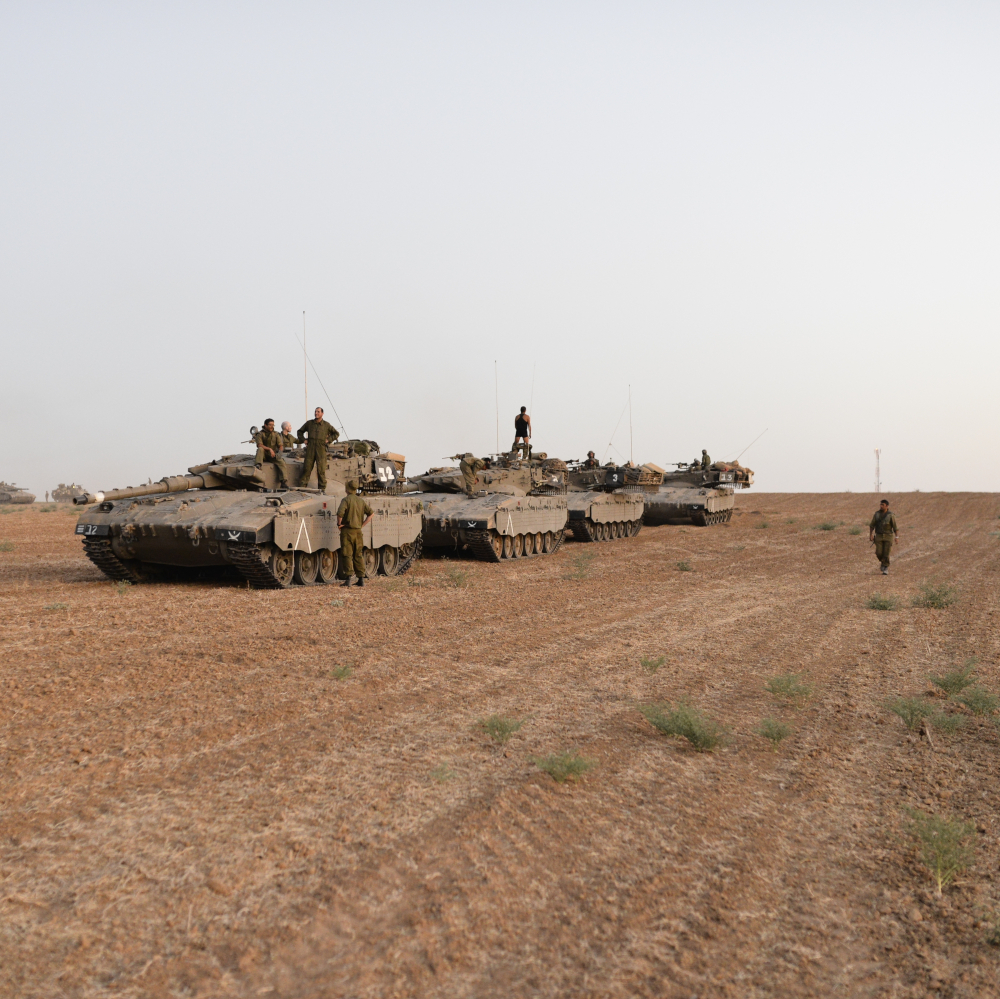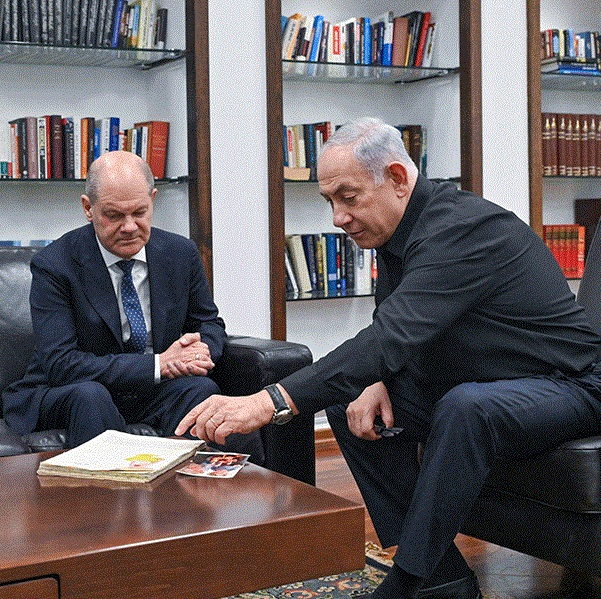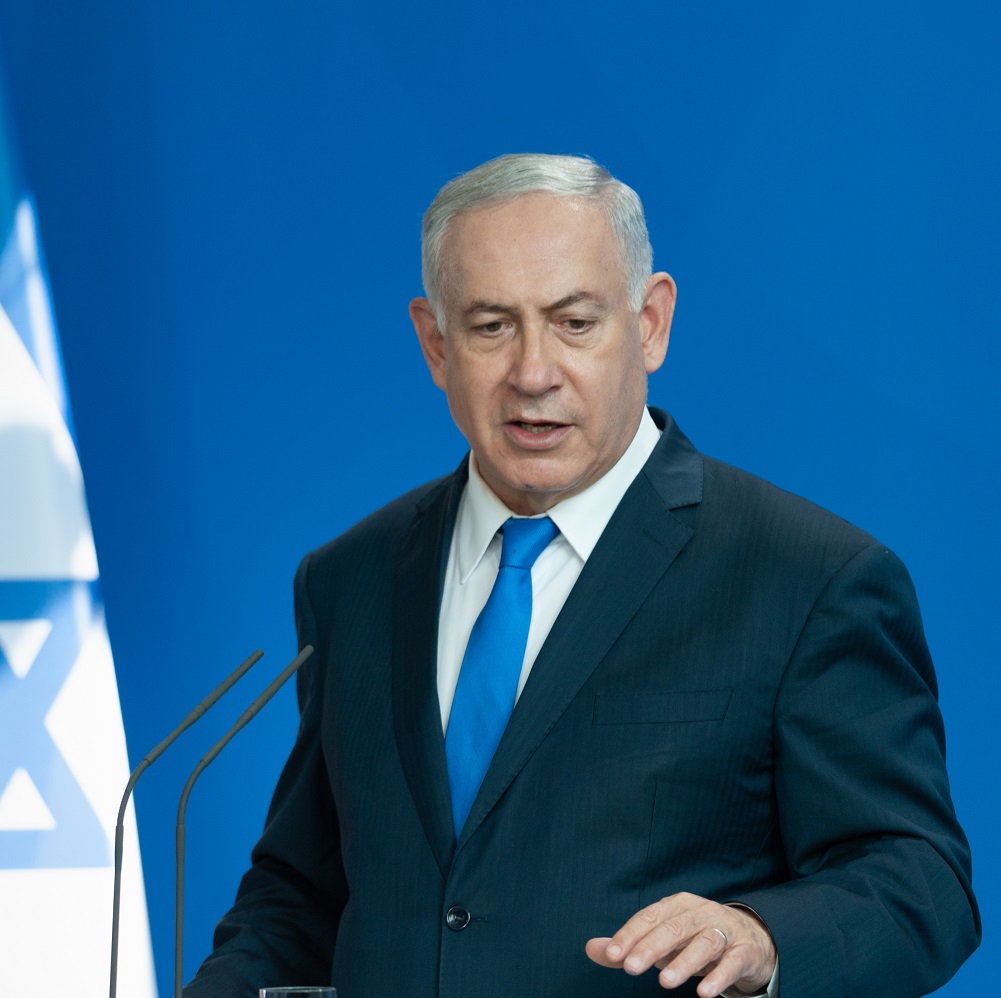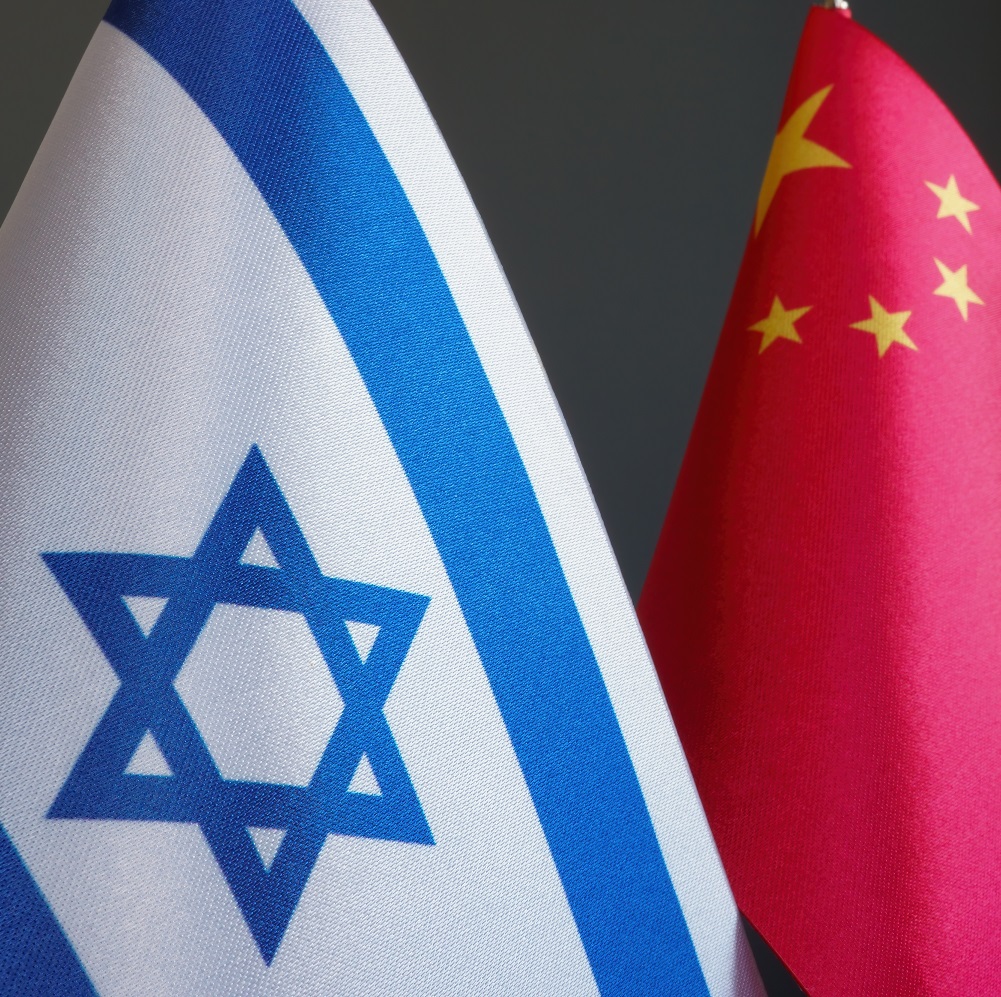
Political Insights (2): The Chinese Position on the Israeli War on Gaza
by Dr. Mohammad Makram Balawi
Developed Chinese-Israeli Relations… However: China’s diplomatic relations with Israel began in 1992. Beijing has believed that its relations with Tel Aviv would help improve its image in the West and enable it to obtain Western military technology, where bilateral trade reached about $24.4 billion in 2022. However, it has been proven to China, on several occasions, that Israel is not completely immune to US pressure, as it has faced several difficulties in implementing some Belt and Road Initiative (BRI) projects in the port of Haifa. It was prevented from winning a bid to operate the Sorek desalination plant for 25 years, because it is adjacent to the Palmachim Air Base, where US forces are stationed, and is near the Nahal nuclear research facility. Israel has also terminated an arms deal with China and was forced to pay financial compensation, etc. The Israeli position on the Russia-Ukraine war and the Western alliance against Moscow, has reinforced China’s belief that Israel is aligned with the US-Western powers, and that Israeli calculations may change if Western powers decide to take more hostile steps against China, for it’s a fact that the US openly declares that Beijing is its next most dangerous enemy. Furthermore, Israel’s participation in the India-Middle East-Europe Economic Corridor (IMEC) project that Biden announced on the sidelines of the G20 summit in New Delhi on 9–10/9/2023, linking India to the Middle East and then into Europe via Israel, and which Netanyahu hailed, have given negative indications. For China sees it as an alternative project to the Belt and Road Initiative (BRI) and that it aims to challenge it. China is seeking to enhance stability in the region for the sake of the BRI projects. It has been working on political initiatives, the most prominent of which was the Saudi Arabia-Iran announcement to resume diplomatic relations, which came following Chinese-brokered talks held in Beijing. However, the US, in partnership with Israel, are working to threaten Tehran and maintain its conflict with regional countries, which counters China’s endeavors, destabilizes the region and harms China’s strategic projects. The Position on Operation Al-Aqsa Flood and the Aggression Against Gaza From the onset of the Ukraine war, China has increased its interest in the region, especially Palestine. This was evident following the 20th Communist Party Congress in October 2022, the subsequent summits held by the Chinese President in the Gulf and Arab region, the quiet rapprochement with Hamas and its invitation to visit China, and China’s offers to mediate between Hamas and the Palestinian Authority. On the internal level, a small segment of the Chinese elite has shown admiration for the Israeli model and sympathized with it as modern and advanced. However, Operation Al-Aqsa Flood dispelled these illusions and revealed Israel’s bloody racist nature and showed that the West, which established international law and imposed it on the world, does not abide by it, but rather uses it selectively. This has united the Chinese popular and elite position, which considers Israel an occupying state obstructing the two-state solution, and supports the Palestinian people in obtaining their rights. Operation Al-Aqsa Flood strengthened the Chinese conviction of the importance of the region to the Chinese strategy, and the importance of its relationship with Hamas in the Palestinian context, which is consistent with the Russian stance—China’s undeclared ally—regarding the region and the Movement. This consistency in positions was demonstrated in the Russian-Chinese diplomatic support of Hamas, albeit indirectly, and refusing to classify it as a “terrorist” movement. The official Chinese position can be summarized as follows: • Calling on all parties to exercise restraint and ceasefire. • Expressing dissatisfaction with the continued Israeli bombing of the Gaza Strip and targeting of civilians, and fear of not maintaining the minimum level of respect for life and international law. • Emphasizing the historical injustice that occurred against the Palestinian people and that it cannot continue; and stressing that the long-term stagnation of the peace process is no longer sustainable. • Using the veto power in partnership with Russia against the US proposal to condemn Hamas and label it as “terrorist.” Concerns about Western US Intervention The Chinese are concerned about the US-Western offensive and defensive military mobilization in the region (including the arrival of US aircraft carriers). They believe that such mobilization is not only related to supporting Israel in its war on Gaza, but also to controlling the regional environment in a way that prevents any force from intervening to support the Palestinian resistance. In addition, it may be intended to exploit the situation to impose Western agendas on the region, including dominating energy sources and prices, especially in light of the significant restrictions imposed by the US and its allies on Russian oil. It may be considered a direct threat to the Chinese economy that depends mainly on energy coming from the Middle East and Gulf oil, and it also threatens China’s projects and economic relations in the region. Supporting Palestine Based on Accurate Calculations It may be in China’s interest to support the Palestinian resistance, even if only politically, and to perpetuate the exhaustion of the US in the region, to reduce Western pressure on East Asia. However, Chinese policy has so far distanced itself from direct intervention in regional conflicts and from direct entry into a conflict—that has military dimensions—with Western powers. This means that China will be very reluctant to do any move beyond the political and humanitarian support of the Palestinian people, and if it is forced, it will be in the near term indirectly, and through intermediary or third parties such as Syria and Iran. However, if the conflict is prolonged and Chinese interests are severely damaged, China may review its policies to protect its interests, including strengthening its military presence and supporting its allies and friends in the region.









